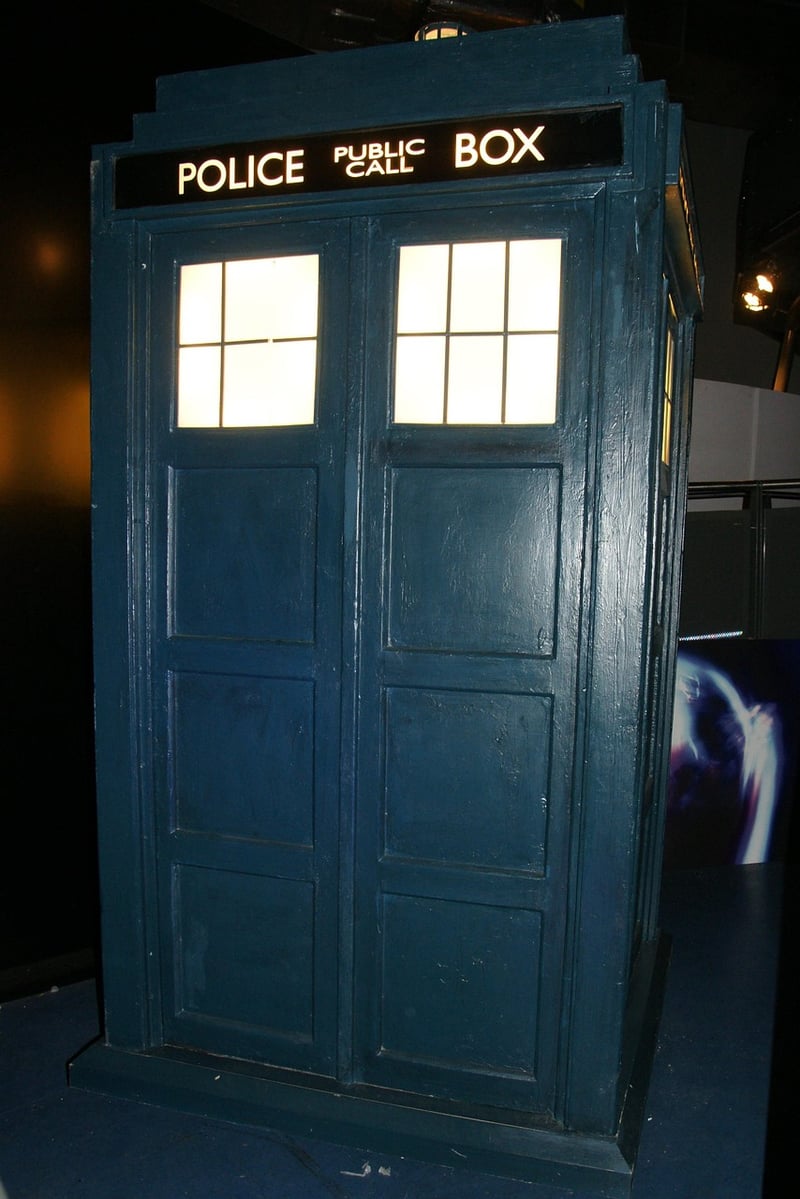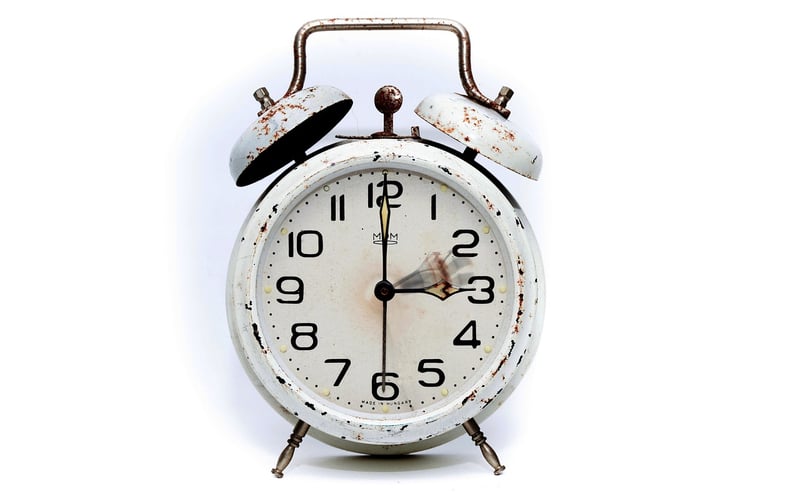Time Travel Ethics
Profiles of Time Travelers
Introduction
Time travel has long been a fascinating concept that has captured the imagination of many. While still a subject of science fiction, the idea of traveling through time continues to intrigue and inspire. Let's delve into some profiles of fictional time travelers from popular culture.
1. The Time Traveler

In H.G. Wells' classic novel "The Time Machine," the Time Traveler constructs a machine that allows him to journey through time. His adventures take him to a distant future where he witnesses the evolution of humanity and encounters the Eloi and the Morlocks.
2. Marty McFly

In the "Back to the Future" film series, Marty McFly uses a DeLorean car turned time machine to navigate through different time periods, inadvertently altering the course of history and facing various challenges along the way.
3. The Doctor

As the titular character in the long-running TV series "Doctor Who," the Doctor is a Time Lord who travels through time and space in the TARDIS, a blue police box that is much larger on the inside. The Doctor's adventures span centuries and galaxies.
Time Travel Ethics
Introduction
While the concept of time travel is exciting, it also raises important ethical considerations. The ability to alter past events or observe the future comes with significant implications. Let's explore some key ethical dilemmas related to time travel.
1. The Butterfly Effect
The Butterfly Effect refers to the idea that small changes in the past can have significant and unpredictable consequences in the future. Time travelers must consider the implications of their actions on the timeline and the lives of others.
2. Temporal Paradoxes
Temporal paradoxes, such as the grandfather paradox or the bootstrap paradox, raise questions about causality and the possibility of changing the past. Time travelers must navigate these paradoxes carefully to avoid creating inconsistencies in the timeline.
3. Non-Interference Principle
The non-interference principle suggests that time travelers should avoid altering the course of history to prevent unintended consequences. Respecting the natural flow of events and historical timelines is crucial to maintaining the integrity of the timeline.
Conclusion
While time travel remains a work of fiction, exploring the profiles of fictional time travelers and considering the ethical implications of time travel can offer valuable insights into the complexities of altering time and the importance of ethical decision-making.
